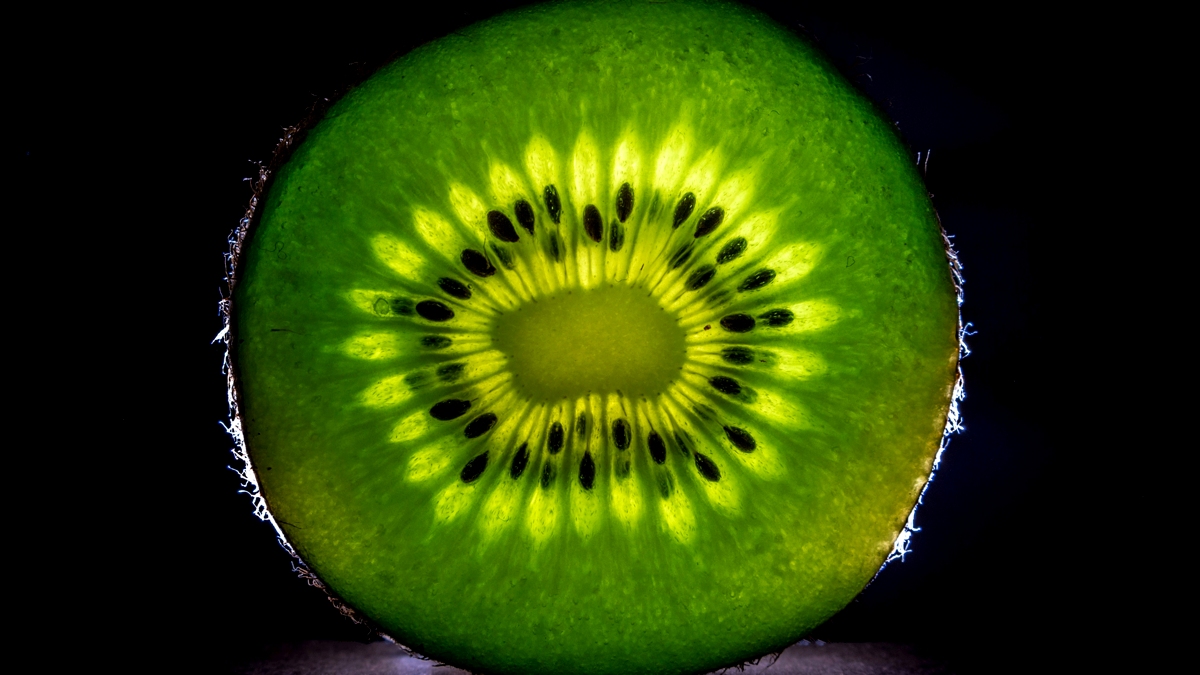- We’ve been told that sweet potatoes are healthier than regular potatoes, but while sweet potatoes bring many nutritional benefits, regular potatoes also have different nutrients to offer.
- Sweet potatoes offer plentiful vitamin A, vitamin C, and fiber, while regular potatoes bring plenty of potassium and are a good source of resistant starch.
- Additionally, both sweet potatoes and regular potatoes offer a similar balance of carbohydrates, proteins, and fats, and both carry about the same caloric values, so swapping sweet potatoes for regular potatoes won’t necessarily help with weight loss.
In pop health culture, sweet potatoes are practically celebrities. Considered by many to be far more nutritious than regular potatoes, these bright orange tubers have enjoyed an elevated “clean eating” status right beside chicken breast, cottage cheese, and spinach for the last several decades.
But do they actually deserve it? Or, like so many “health foods,” is their health halo simply a mirage, backed by good marketing and encouraged by our societal desperation to constantly improve our diets? And—here’s the kicker—is there a chance that they’re not actually more nutritious than white potatoes after all, and we’re all swapping out sweet potato fries for regular fries for no reason?
As a long-time sweet potato lover, I knew I had to investigate. To learn the truth, I interviewed two dietitians, as well as poring over the USDA’s nutritional analysis. Here’s what I learned.
Underneath The Sweet Potato Peel
There’s no denying it: Sweet potatoes have a stunning nutritional resume. Kim Yawitz, RD, shares that they’re “incredibly rich in antioxidants,” as well as being a “great source of vitamin A and vitamin C.” Actually, a 3.5-ounce serving of sweet potato provides over 100% of our daily recommended vitamin A intake: a huge benefit since, according to Yawitz, a diet plentiful in vitamin A can help to protect our eyes from macular degeneration and keep them strong later in life.In addition, those plentiful antioxidants can help protect us from many problems, including “liver damage, memory loss, cognitive decline, high cholesterol, diabetes, and certain types of cancer.”
Sweet potatoes also contain twice the fiber as regular white potatoes, boasting 3 grams per 100-gram serving. And thanks to the additional fiber, which causes them to release their energy more slowly, their glycemic index is typically lower than regular potatoes. This makes them a better choice for those trying to regulate blood sugar, such as diabetics (or really, anyone who’s trying to avoid the post-lunch slump). In summary: Sweet potatoes have a lot going for them!
But Regular Potatoes Still Have Skin In The Game
In the face of the sweet potatoes’ flashy nutrition, regular potatoes might seem to (literally) pale by comparison. But while they might be outclassed in certain categories, they take the prize in others.
According to Ally Mast, RDN, regular potatoes are a “good source of potassium,” a mineral which may help lower our blood pressure and risk of stroke. She also shares that they’re full of vitamin C, as well as providing “almost half [our recommended daily] intake for vitamin B6.” In addition, Yawitz says that they’re a “a good source of resistant starch,” which “feeds the beneficial bacteria in your gut and can help stabilize the blood sugar.”
But aren’t regular potatoes more carby and calorific than sweet potatoes? Actually, not at all. When it comes to caloric content and the breakdown of carbohydrates, proteins, and fats, regular potatoes are nearly identical to sweet potatoes. According to Yawitz, a 100-gram serving of each contains “2 grams protein, 21 grams carbohydrate… and less than 1 gram of fat.” Regular potatoes contain 92 calories per serving. Sweet potatoes contain 90 calories. So if you’re trying to lose weight, swapping sweet potatoes for regular potatoes isn’t exactly a winning strategy.
At The Root Of The Matter
Sweet potatoes offer a plethora of nutritional benefits, but they’re not necessarily healthier than regular potatoes. They might be the better option for people with certain conditions, such as diabetes or Crohn’s disease (in which you run a higher risk of vitamin A deficiency), but in general, both can be part of a healthy diet. In other words, don’t feel obligated to eat only sweet potatoes if you’re really craving just a straight-up baked potato. And whichever potato you choose, keep in mind that it’s prepared also affects its nutritional value. Any potatoes’ nutritional value will change completely if you throw it in the deep-fryer and shower it with salt.
Source link

